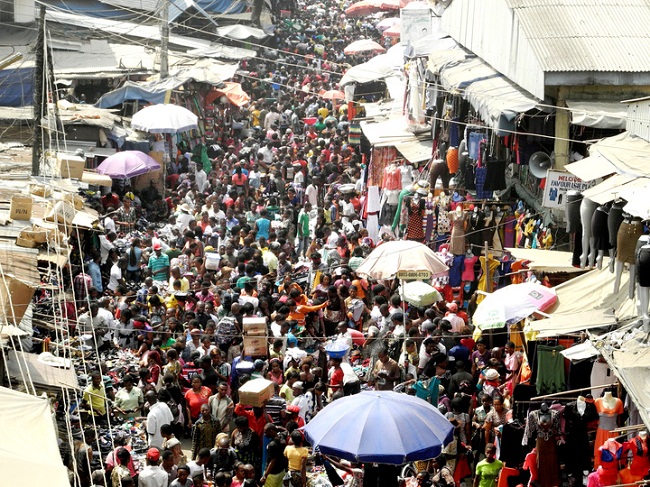Data from the National Bureau of Statistics reveals that the Trade sector fell into a recession for the first time after it recorded a negative real GDP growth rate of -1.38%. This follows a negative GDP growth rate of -0.03%. A recession is defined as a consecutive quarter of negative real GDP growth rate.
Nigerians rely a lot on trade for their livelihood and trading also constitutes about 16.4% of GDP, more than oil revealing how dire Nigeria’s economy currently is. Reports from various markets across the country reveal traders have seen sales and inventory drop due to the combination of weaker consumer demand and purchasing power as well as scarcity of dollar to replenish their inventory. Our analysts also believe the scarcity of forex his could be the major reason for the sector’s slide into a recession.
This has wide implications for the broader economy as millions of Nigerian could soon be plunged into poverty due to a decline in income. Most traders are subsistent in nature relying on day by day sales to support their families and loved ones. Sales are also heavily impacted by higher inflationary trends eroding future values of the sales of the paltry inventory. With the economic support around them falling apart, the recession now recorded in the sector could persist for the fourth quarter of the year.





















